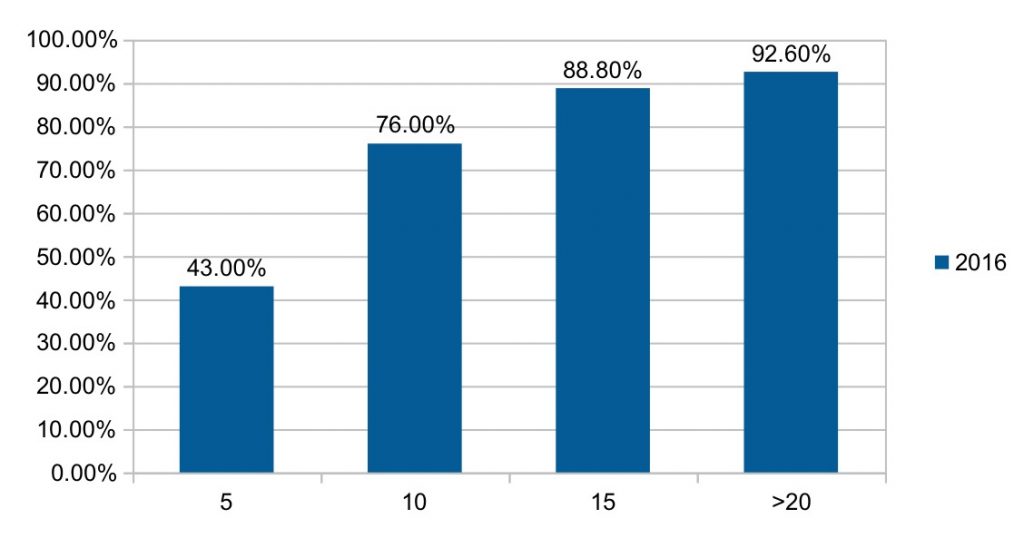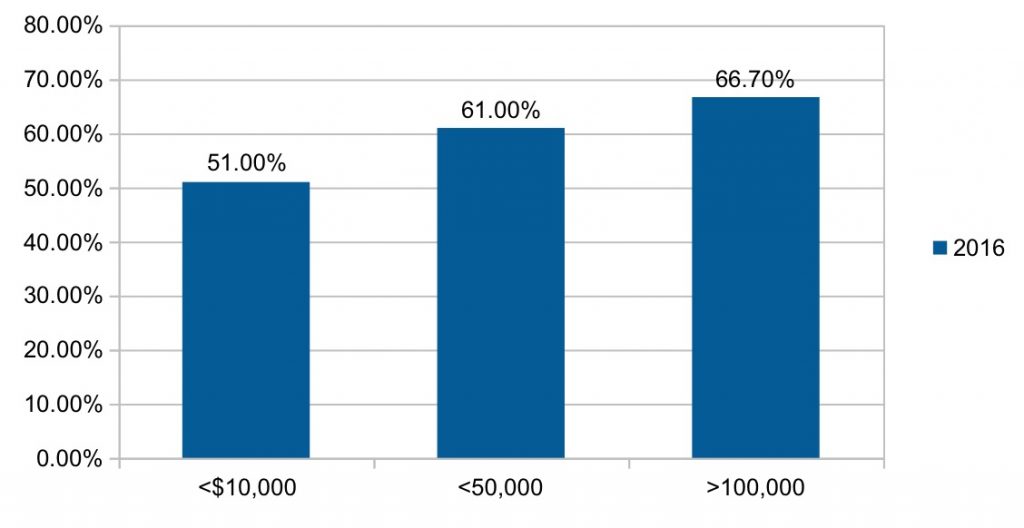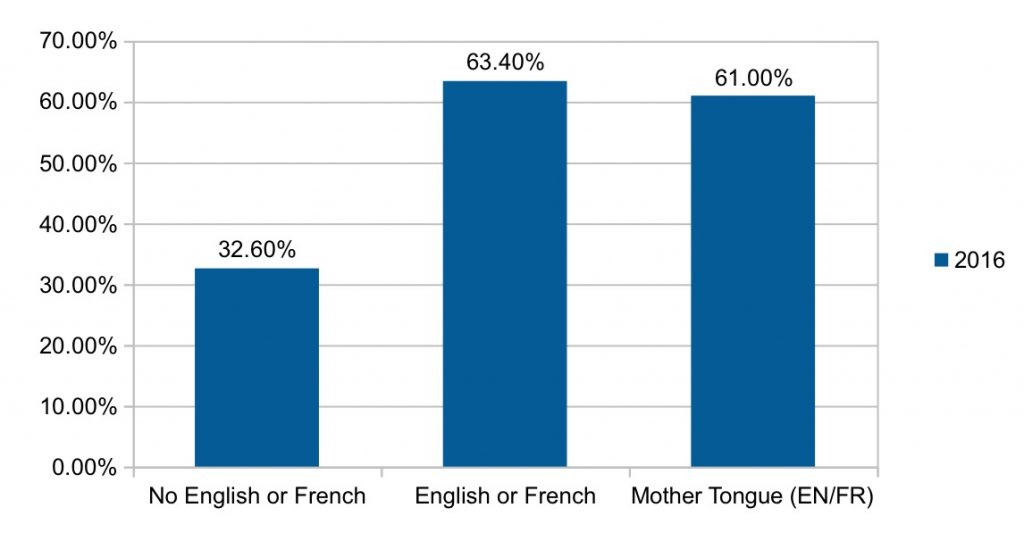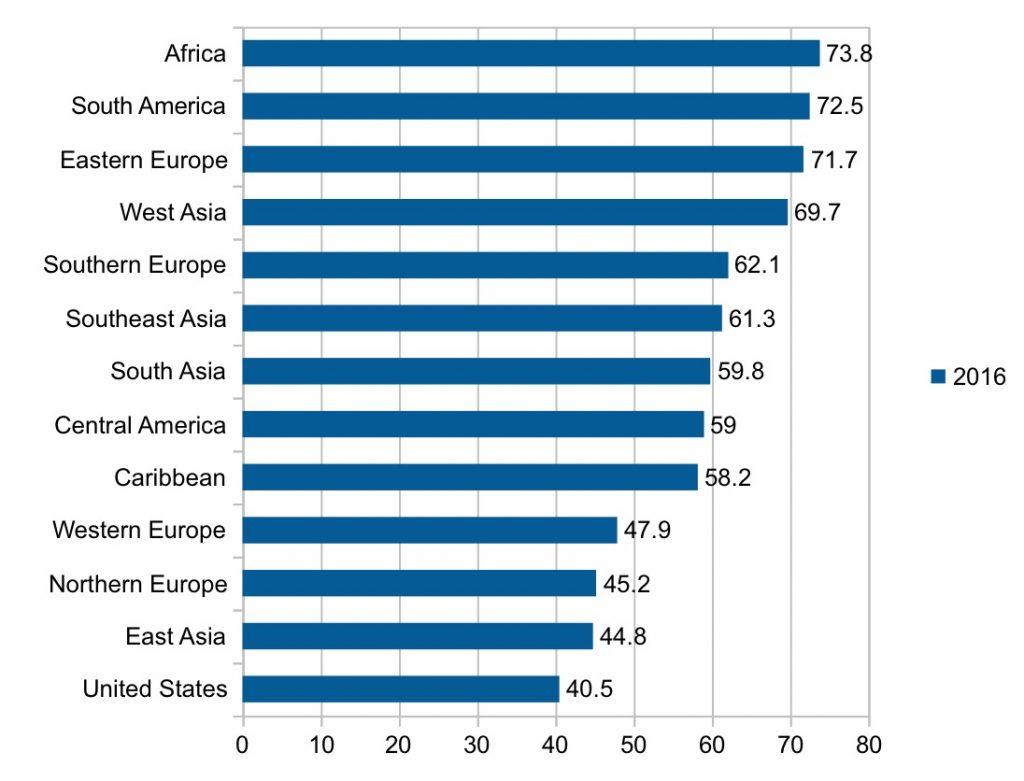Canada is one of the immigrant friendly countries in the world when it comes to granting citizenship. New statistical evidence indicates that the citizenship rate has been falling among recent immigrants to Canada. Becoming a Canadian citizen gives immigrants plethora of economic opportunities in the country.
The citizenship rate among recent immigrants aged 18 and over peaked in 1996 and declined continuously to 2016. Most of this decline occurred after 2006. The citizenship rate declined most among immigrants with low family income, poor official language skills, and lower levels of education. There was also significant variation in the decline among immigrants from different source regions, with the decline largest among Chinese immigrants.
Residency in Canada
The number of years of living in Canada has a direct impact on citizenship acquisitions. It appears those who spend more than 10 years of living have the highest grants for citizenship in Canada. More the number years, higher the rate of approvals.

Until 2015, immigrants were required to reside in Canada for at least three years before they could become citizens; at the earliest, they could do so only during their fourth year of residence. After 2015, this residency requirement increased to four years, and immigrants could become citizens only during their fifth year living in Canada, at the earliest.
On June 19, 2017, Bill C-6 passed Parliament with significant changes to canadian citizenship rules. Some of the changes include:
- Required physical presence in Canada reduced to 3 out of 5 years
- Days spent in Canada before becoming a permanent resident, within 5 years of applying for citizenship, count as half days (up to 365 days) towards physical presence requirements
- Age range for language and knowledge requirements reduced to 18-54 years old
- Time required for applicants to file income taxes before applying for citizenship is reduced to 3 out of 5 years
- Requirement to intend to live in Canada once granted citizenship was repealed
- Citizenship revocation provisions only applying to dual citizens were repealed
- Minors can qualify on their own without the need to have a Canadian parent
- New citizenship revocation process with the Federal Court as the decision-maker on most cases
- Citizenship officers will be allowed to seize fraudulent or suspected fraudulent documents
Family income
The families which had income of greater $100,000 received 66.7% of the citizenship grants compared to only 51.5% who earned less than $10,000. Thus income also had an impact on citizenship

Language Skills
To become a citizen, adults who are 18 to 54 years need to meet the Canadian Language Benchmarks (CLB) Level 4 or higher and also need to take citizenship test.
The census data reveals English or French as a mother tongue are more likely to become naturalized than their counterparts who do not have these official language skills.
Between 1996 and 2016, citizenship rates declined among all recent immigrants regardless of their knowledge of English or French. However, the decline was much greater among those with poorer official language skills (declining by 29.5 percentage points) than among those whose mother tongue was English or French (declining by 8.2 percentage points).

By Region
International changes in the economic opportunities, human rights and social stability in an immigrant’s home country, as well as the increased tendency of immigrants to move among countries, can all influence the tendency of an immigrant to become a Canadian citizen. Immigrants from wealthier countries with considerable social stability and strong human rights records are less likely to become Canadian citizens
In 2016, nationals from Africa, Eastern Europe and South America topped for citizenship rate in Canada. East Asia, America and Western Europe declined to be the lowest

The tendency of recent immigrants from this region—mainly China—to naturalize dropped from 82.9% in 1996 to 44.8% in 2016. This may be that China’s economic rise over the past couple of decades and changing preferences among Chinese immigrants underlie the decline. By 2016, the tendency of immigrants from China to naturalize more closely resembled that of immigrants from advanced industrial countries than that of immigrants from developing countries.
The full study is available here





